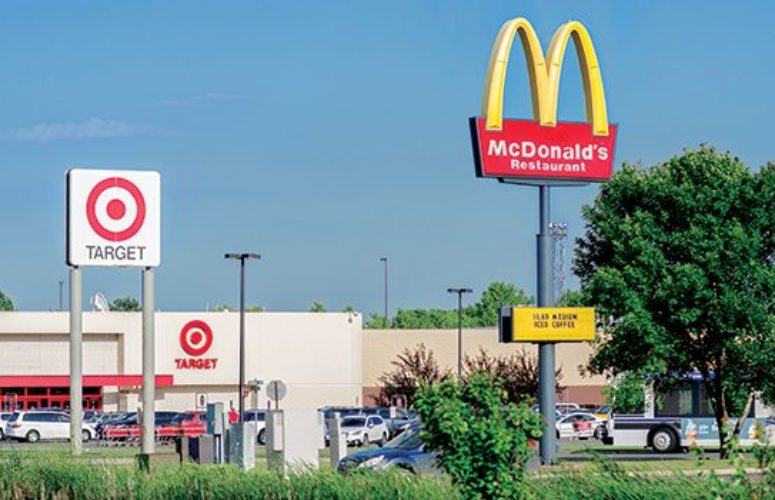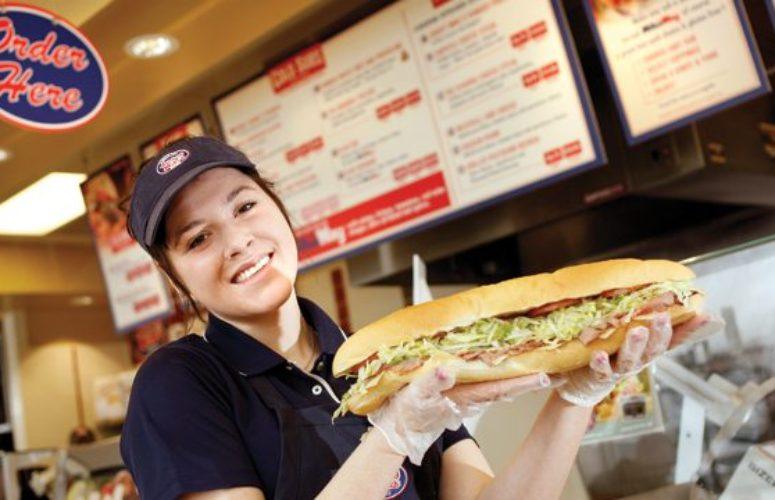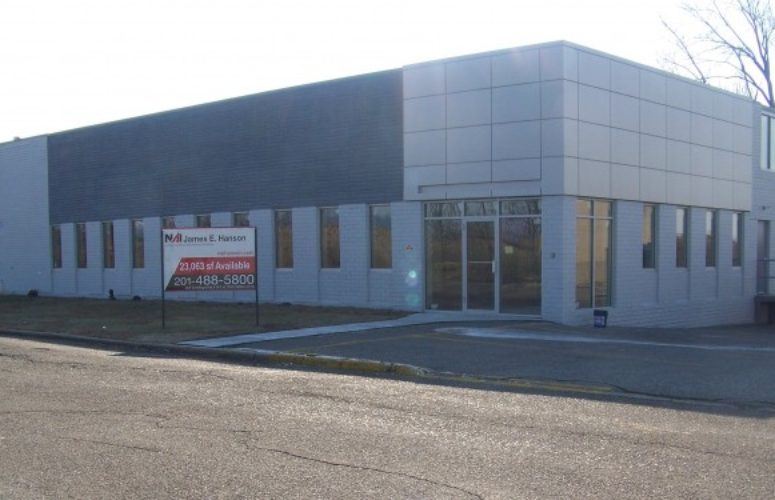
Choosing a Location for Your Franchise
Small Business Guide
By Linda Stein, Contributing Writer On Nov 9, 2015As in any real estate purchase or lease, location is the watchword when finding the best site for your franchise.
Jennifer Star, a senior associate with Sabre Real Estate Group who is working with Starbucks, Blink Fitness and Chocolate Works, matches locations with franchise types.
“If it’s a restaurant, you’re going to want a highly visible space on a highway with 20,000 cars a day,” Star says. “If it’s a women’s services franchise, like a beauty shop or nail salon, you can go into the downtowns. You need demographics with more disposable income.”
Also, look at where the other franchises are in a chain, she suggests.
“New Jersey is its own animal to itself,” Star says. “Everywhere else in other parts of the country you can say I want to be at the corner of Main Street and Main Street.” But in New Jersey, there are a lot of “divided highways, jug handles and shopping centers.
“A lot of companies need to think outside the box,” she says.
Sometimes, the state or local municipalities will try to entice a business with subsidies or tax breaks.
“We represent a lower income food store and a lot of times the towns they go into will get government subsidies, or landlords get a tax credit for bringing in a food store,” Star says.
Flood insurance is another factor, she continues. Flood maps have been expanded since Superstorm Sandy and Hurricane Irene, causing additional expense.
“We have a property listing in a town in Morris County,” Star says. “It’s high up, and never flooded, but because of new flood zones, it needs flood insurance.”
The Type of Franchise Drives the Choice of a Site
“People will go where they think their business will be the best. I think stores really concentrate on where they want to be based on demographics and vehicles per day,” Star says. A fast food restaurant might locate near a hospital to serve the needs of workers, patients and visitors, for example.
She suggests looking at other places where the franchise is located, checking the demographics and “who is their typical customer.”
A franchise catering to men, like the TGA golf store, is on a major highway because men often will travel to a destination, while women “typically shop more local to their house,” she says.
Typically, businesses draw clients from a four-mile radius.
“If you’re down in the Carolinas, you’re not going to have that many people in a four-mile radius,” says Jack Armstrong, president of FranNet, a company that matches people with franchises. “And more people mean more clients leading to profitable businesses.
“In terms of economics, developing a restaurant in Bergen County is more expensive than in Atlantic County,” Armstrong continues. “That’s because real estate prices are higher and contractors charge more. It depends on where you’re developing. The real estate markets are going to differ and that is going to have a huge impact. It’s all about finding the right location.”
New Jersey continues to be a fertile area for franchise growth, he says. For example, FranNet has helped Great Clips hair care shops go from no locations to 45 in the state. Super Cuts opened 60 shops, “and we sold another 15 of them,” he says. They’re also working with Pet Supply Plus, the third largest retailer of pet food and items in the country, and Goddard Day Care, where they’re “doing mostly resales.”
Steven Angel, a principal with Fulcrum Hospitality Management in Jersey City, helps find the right spots to build hotels.
“The economy and select service brands are almost all franchise models,” Angel says. Many brand name hotels are a mixture of franchises and company-owned locations.
“As a rule of thumb, the largest hotels are owned by the company,” he says. “Hotels are very specific. It’s a much more complex class of franchise. Where the hotel should be located completely depends on the type of hotel, from economy to deluxe. Choice locations can be near highways, or it can be important to be near central business districts or demand generators like small amusement parks, baseball stadiums or airports.
“Certainly one of the base requirements is to have the zoning that you require. You have to either change it or make modifications. There are always some tweaks that need to be made.” These can be in regard to “site density or even signage. Things always typically need to be tweaked. It takes a constructive partnership with the local government.”
Angel believes being close to transportation “is extremely helpful. Many hotel jobs are ones that have on-the -job training and are entry level opportunities. Having a location that’s accessible is critical.”
“New Jersey is so attractive for any type of business because we’re one of the most densely populated states in country, either No. 1 or No. 2, with higher income levels,” says John Holub, president of New Jersey Retail Association.
“It’s all about location, location, location. In New Jersey, you can find good locations,” he says.
There can also be incentives to open a business in New Jersey. While larger companies are frequently lured with tax write-offs or other incentives, there are some programs available for the little guys, he says. He advises checking with the state’s Business Action Center: www.nj.gov/state/bac.
Related Articles:






